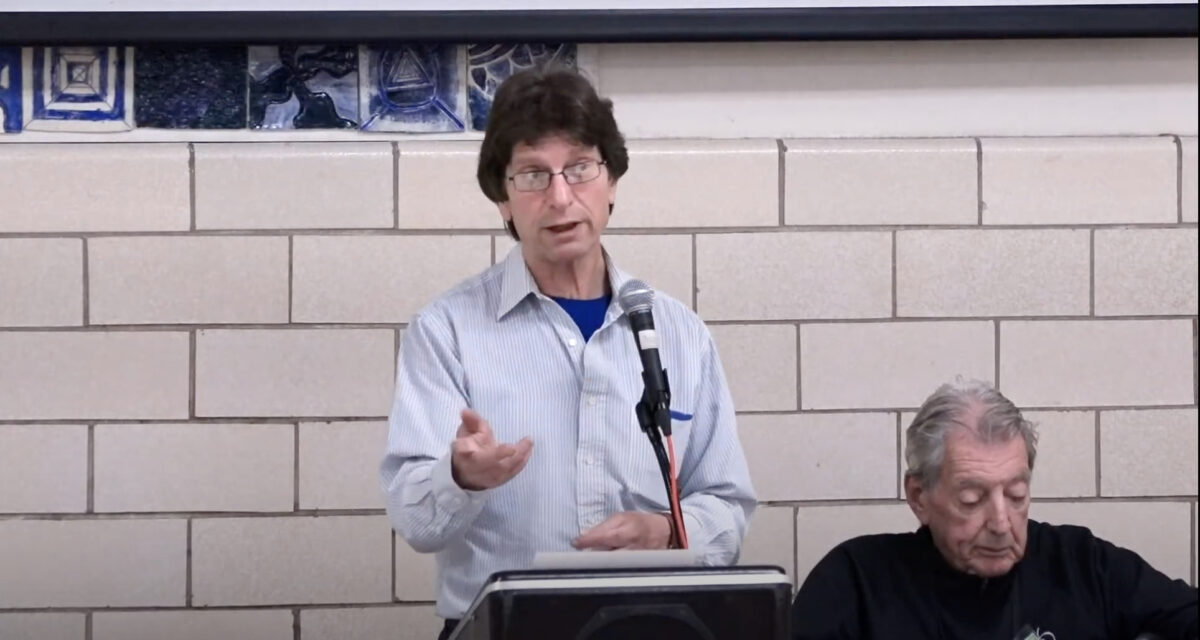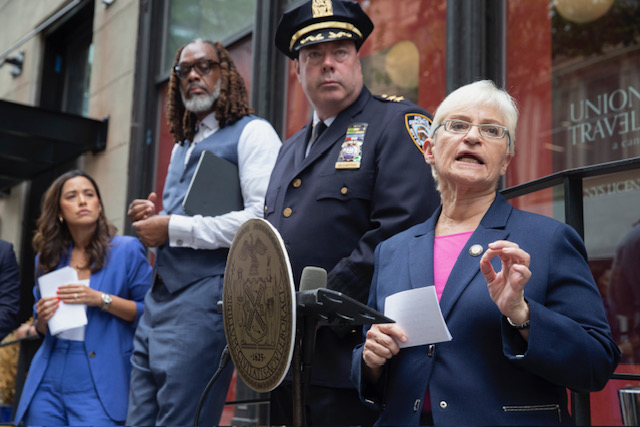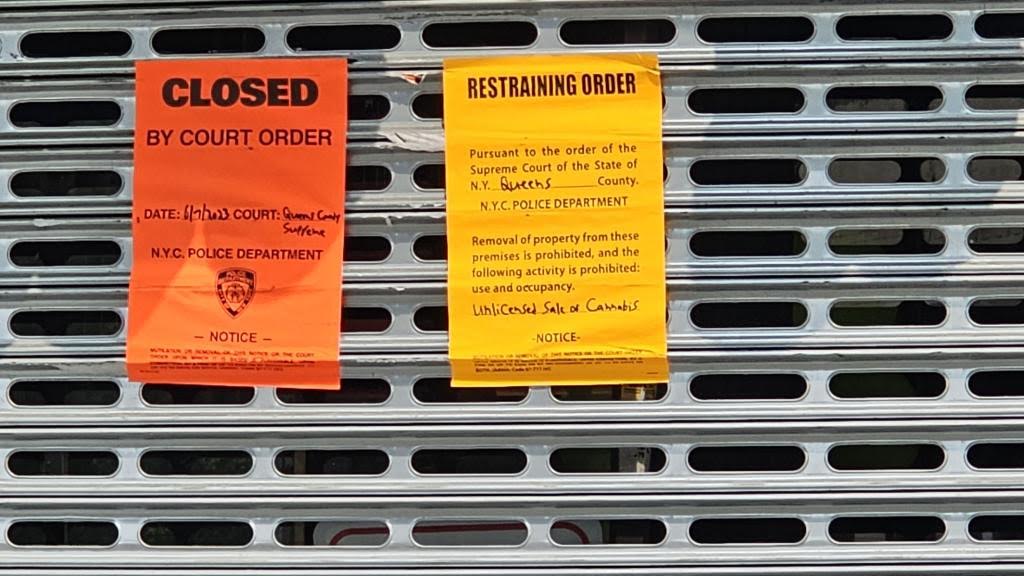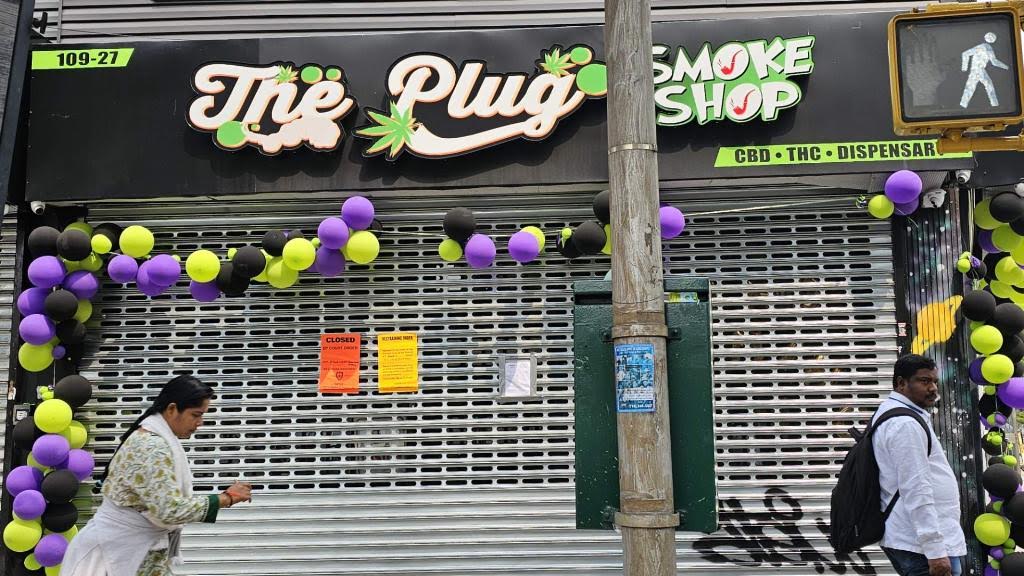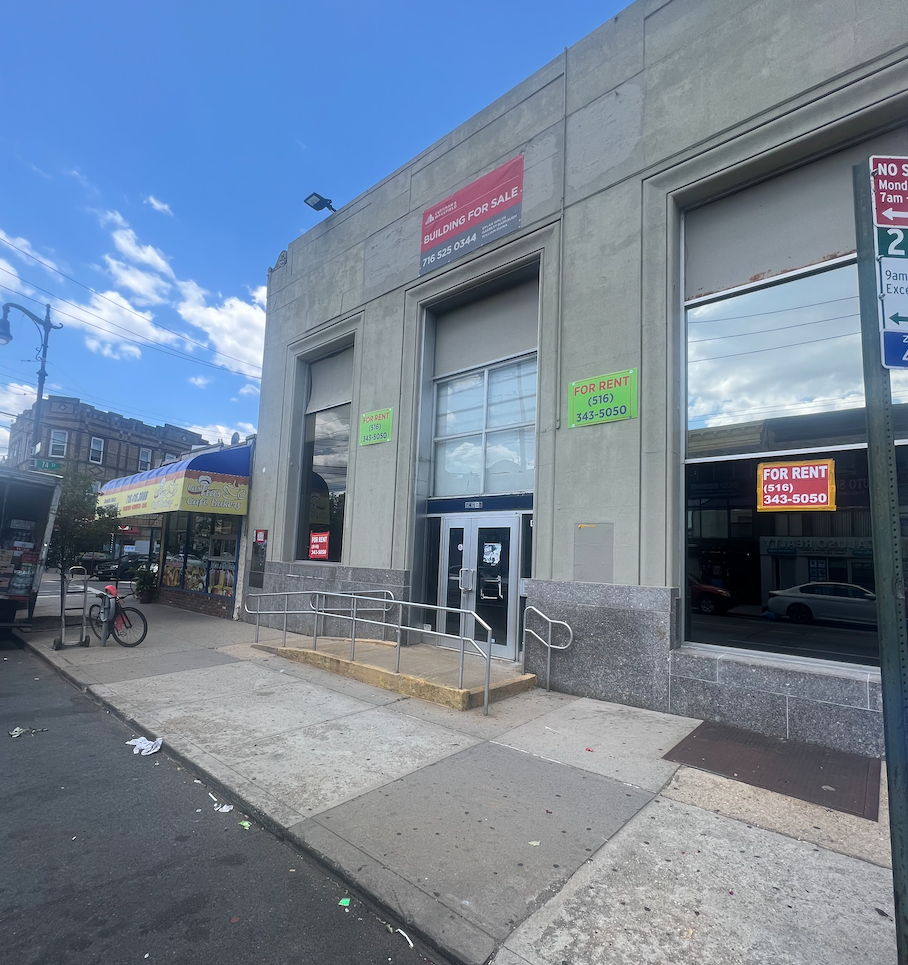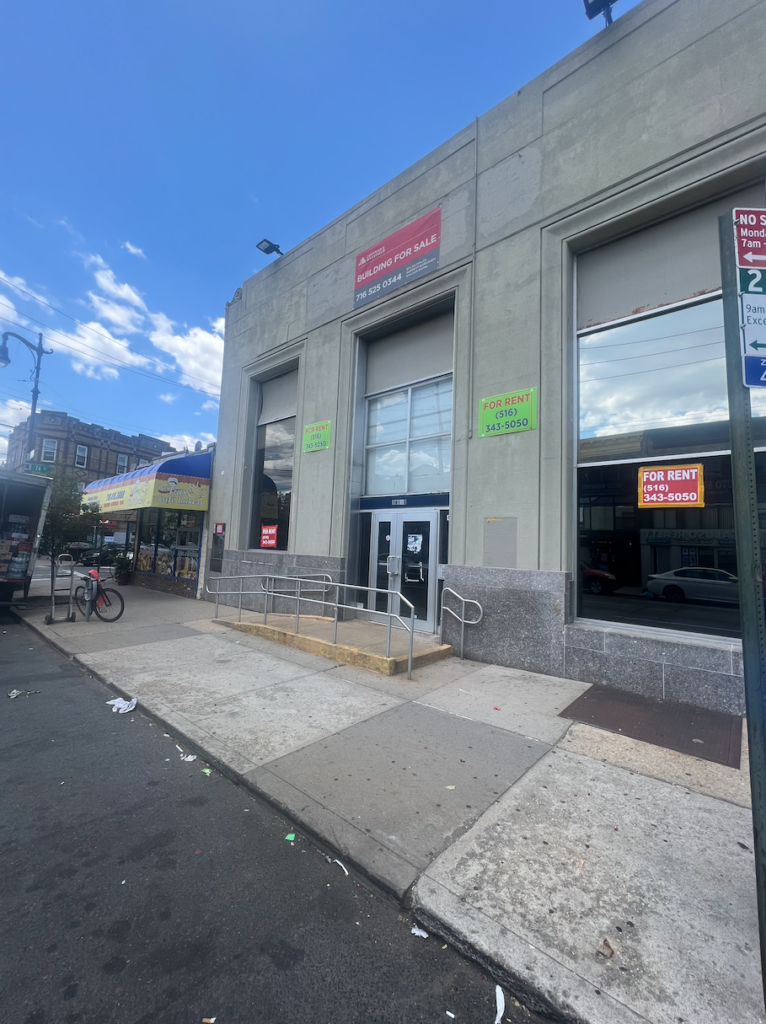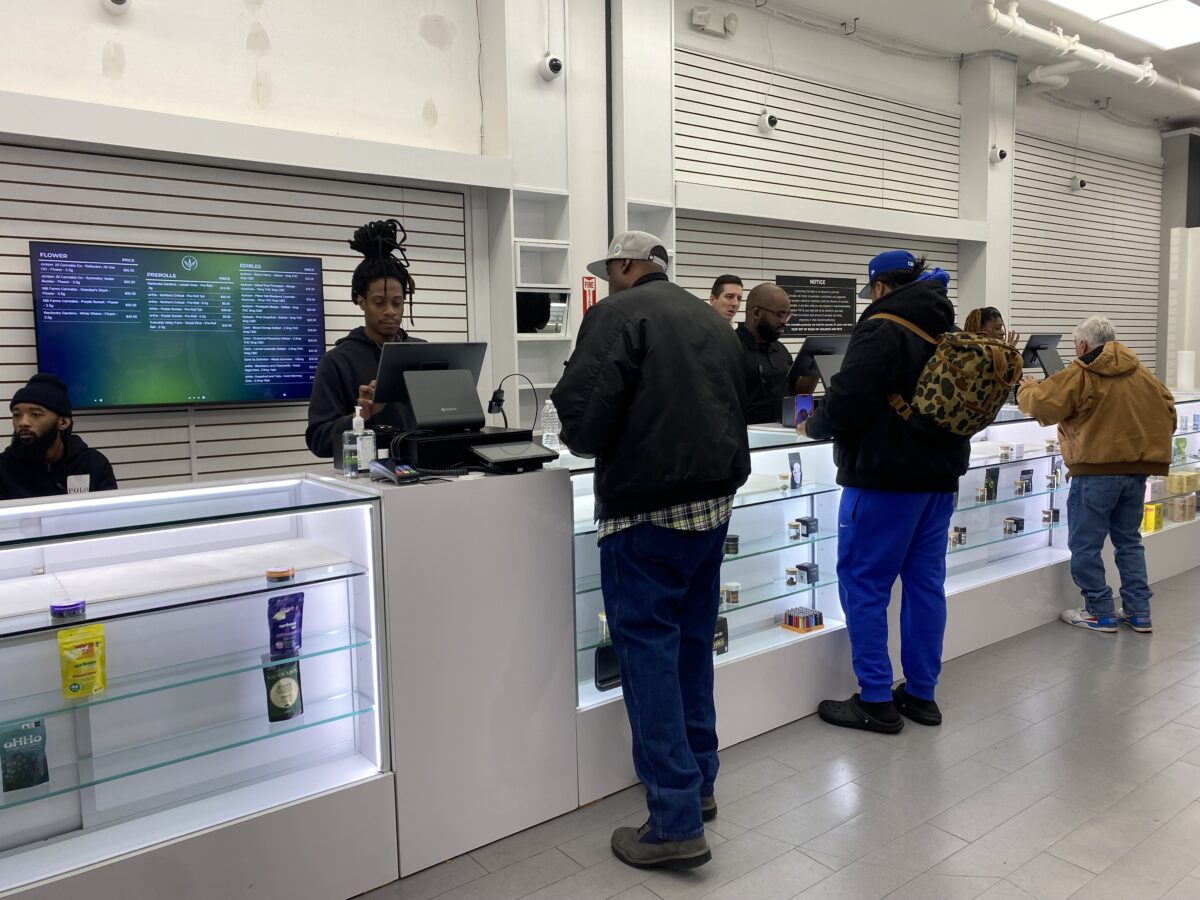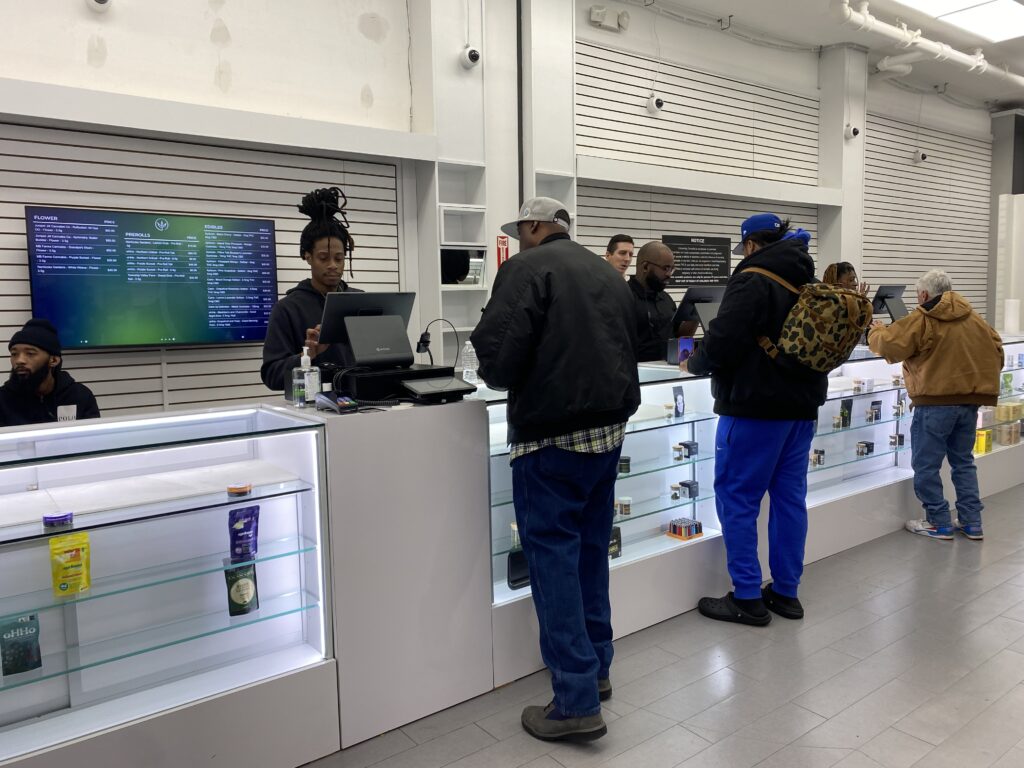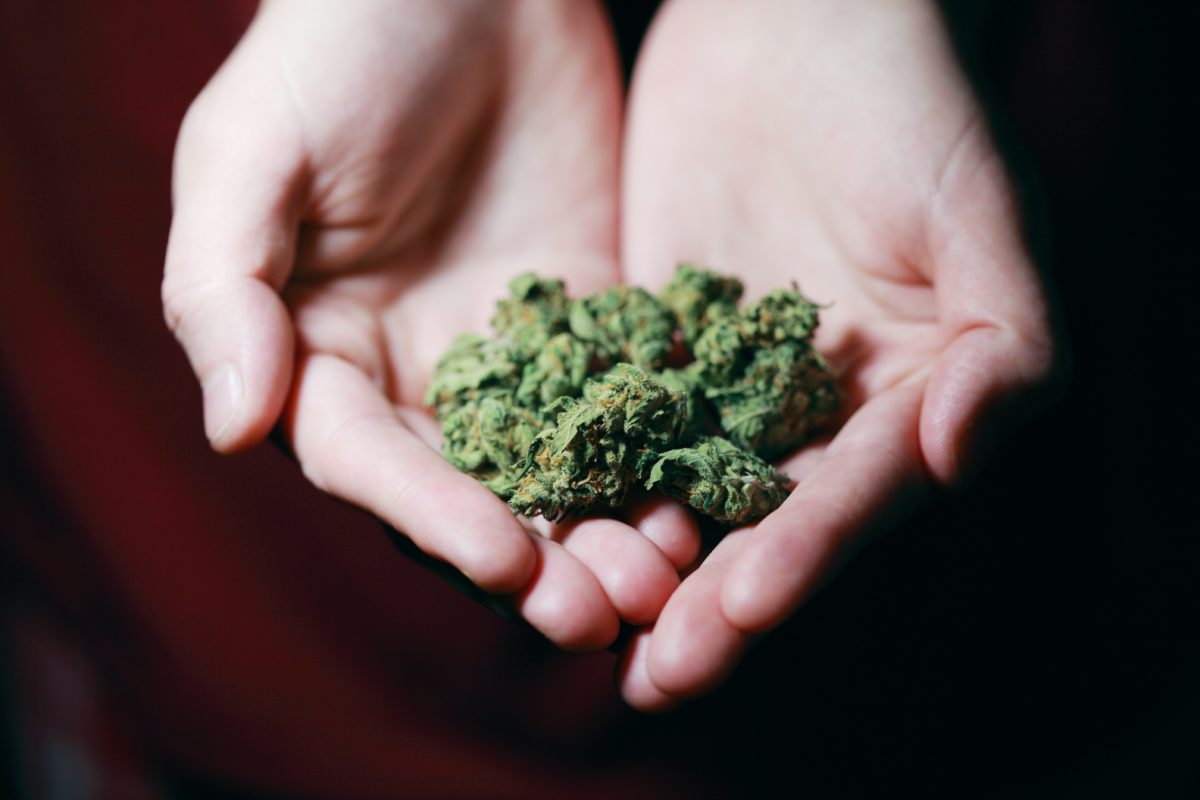Community Board 5 Concern over Cannabis Storefronts
By Celia Bernhardt | cbernhardt@queensledger.com
Community apprehension about cannabis storefronts in Queens continues on, with Community Board 5 members voicing concern about applications the board has received from those hoping to open dispensaries.
“We’re getting some difficult to understand things,” District Manager Gary Giordano said.
“We have three different applications for a cannabis dispensary at 560 Myrtle Avenue, from three different people, all with the same last name.”
The board also received two applications to open a dispensary at 724 Myrtle Avenue, Giordano said, as well as an application for 6309 Flushing Avenue.
Giordano explained that a community member contested that the 6309 Flushing Avenue application was too close to St. Stanislaus Kostka Catholic Academy. “Then somebody comes back with an application for 6401 Grand Avenue. First one’s Flushing, this one’s Grand…which is also too darn close to Stan’s.”
“This is one long block away. Whether it’s less than 500 feet or not I’m not sure,” Giordano said, referring to the rule that dispensaries should not be built within 500 feet of schools.
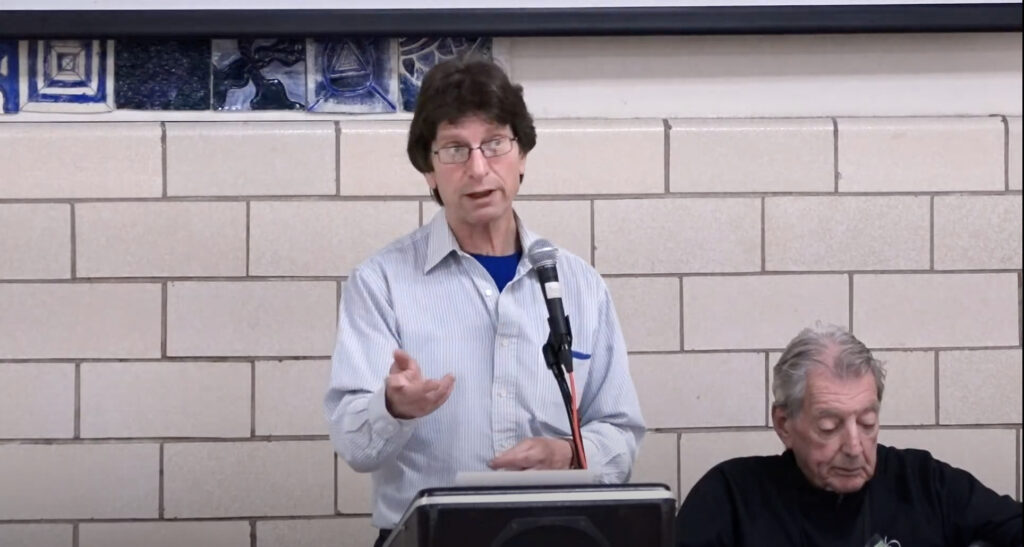
District Manager Gary Giordano addresses the public
Community Board 5 is not alone in their confusion. Boards around the city are seeing an influx of applications after the city recently opened the permit process for legal cannabis shops to the public, with some fielding over 20 applications.
Similar to the liquor license process, community boards offer their approval or disapproval of applications to open cannabis storefronts. The state’s Office of Cannabis Management (OCM) takes their assessment into consideration when making the final decision of approval or disapproval, but is not required to side with community boards.
There is no standardized process by which boards deliberate on these permits—each board can decide for itself how it will run the approval process, whether it requires the entire board to vote or only a select committee.
Giordano explained that the board had asked for 30-day extensions from OCM on all of the applications, and had those requests largely granted. Generally, boards must offer an opinion to the state within thirty days after being notified of an application.
Giordano said he thinks that time constraint is “absolutely ridiculous in order to do any kind of reasonable deliberation.” He also expressed concerns about the quality of the applications.
“The first two that we got, like them or not, especially the first one for the location at 7403 Metro, the old Chase bank—at least that person seemed like they have their act together, the application was much more professionally done, and as we’re getting more of them it just seems more and more haphazard. So I’m quite worried with regard to what kind of people are applying for all of this.”
Later in the meeting, Treasurer of the Executive Committee and Chair of the Transportation Committee Eric Butkiewicz had questions.
“Given that it’s a matter of large public concern, I request, if possible, can this board and the public get an outline or a summary of what the next month will look like, for the five applications for cannabis licenses that Gary mentioned?”
“Not sure I understand what you’re looking for,” Board Chairman Vincent Acuri Jr. said.
“It’s more specifically a roadmap for the public,” Butkiewicz said. “I’m asking what they should expect from this board…I’m sure the board office is going to be fielding a number of questions: ‘hey what is the board doing on this?’ And I’m asking that there’s a quick summary of what will be going on so that some of those questions are answered, pre-empting a call.”
“Do you know what he’s looking for?” Arcuri asked someone nearby, and then said “Okay. Mr. Giordano will follow up.”
Butkiewicz informed the Queens Ledger that the cannabis committee will take up the issue at their meeting on Nov 1, but that it remains unclear whether or not there will be a public forum on the applications.



